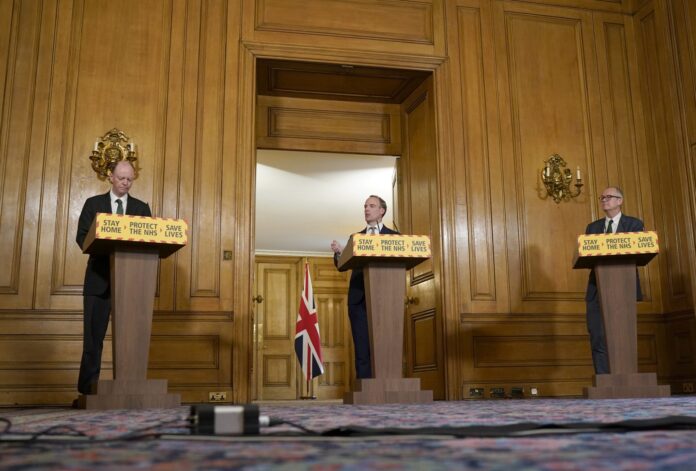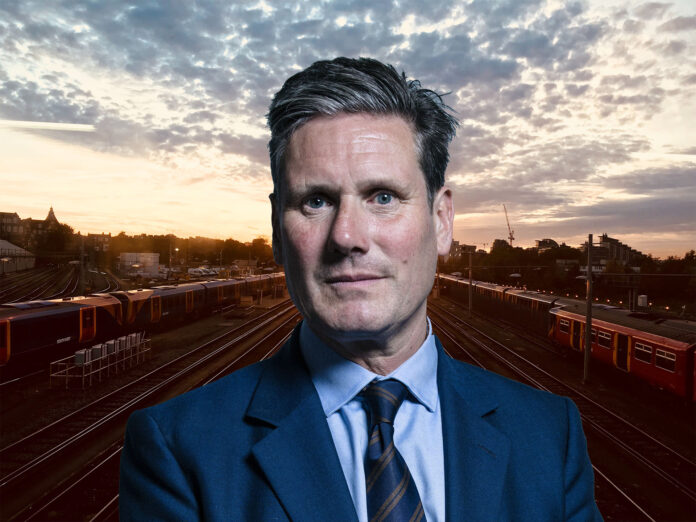Why press conferences should change after COVID-19
Following criticism of anonymous briefings on COVID-19 to select media, press conferences entered the spotlight as a daily part of the government’s efforts to keep the public updated on the pandemic response.
Cure the lockdown blues with a little creativity
Daily life at home is becoming a struggle for many and it can be challenging to keep that creative fire in your belly going. But don’t worry, we’ve compiled our top tips to keep those creative juices flowing during lockdown.
Listening in…
Brilliant communications can put organisations at the heart of conversations that matter to them. But as well as talking within these conversations, we need to listen – to what’s being said about our organisations, issues and topics that are important to us.
Time to reflect and stay positive
Our lives have changed drastically, and we are not in control of what’s happening – but we can control ourselves and how we adapt to the situation.
Planning in Lockdown?
When the Coronavirus Act received Royal Assent last month, it opened the door to new modern ways of working in the planning industry by removing the legal requirement for planning committees to meet in person.
Respond to the new normal: our eight step comms strategy
The response to the COVID-19 outbreak has highlighted the importance of timely, well executed communications in the effort to keep the public informed.
What does Keir mean for housing and infrastructure?
Before COVID-19, housing and infrastructure were in the political spotlight more so than for years. Will Keir Starmer’s coronation as Labour leader help keep it so?
Businesses in the West come together to respond
Businesses in the West of England face a challenge like no other as the national response to the COVID-19 outbreak has taken hold.
An unforgettable way to start a job
When I accepted an exciting new job opportunity at Social, I never could have imagined I would be starting it at the peak of a global pandemic and national crisis.
A Certain Ratio – How video aspect ratios became a creative choice
We’re all watching a lot of online video at the moment. But when you do so, how often do you notice the aspect ratio of what you’re watching?
Good communications in a crisis
Times are tough and we’re all trying to make sense of things. Those who act like good communications doesn’t matter at times like these are in for a shock.
Will Corbynism survive the lockdown?
Social’s Head of Major Projects Michael Vivona and Account Manager Freddie Palmer reflect on where the Labour Party goes next as Jeremy Corbyn prepares to depart.













